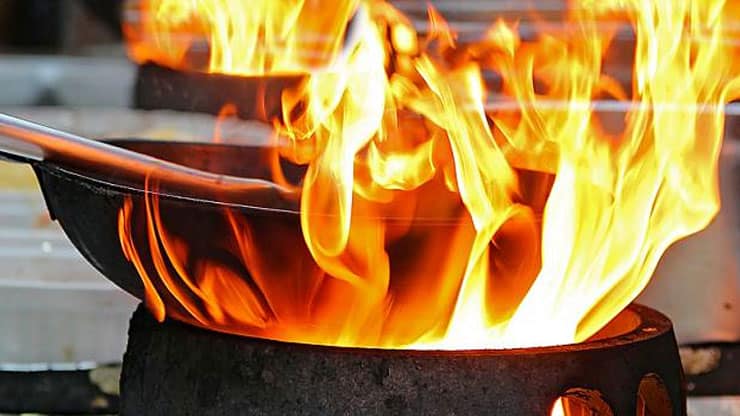[ad_1]
With the onset of colder temperatures across North Carolina combined with the risk of fires that stem from holiday cooking, Insurance Commissioner Mike Causey warns everyone of the increased potential for home fires.
This past weekend, a man in Banner Elk lost his life due to a fire in his home bringing this year’s total to 100 fatal fires in North Carolina.
“The holidays are right around the corner and while it’s a great time to visit with family and friends, it’s also a dangerous time of the year for fires,” said Commissioner Causey, who is also the State Fire Marshal. “Our goal at the Office of State Fire Marshal is to educate families about the dangers space heaters present and to be careful while using the oven and stove, especially with children roaming around the house.”
Each year during the winter months, there is an increase in the number of home fires related to the various forms of heating. According to the National Fire Protection Association (NFPA), heating is the leading cause of fires in U.S. homes. Nearly 90% of home heating fire deaths involve stationary or portable space heaters. The leading factor that contributes to home heating fire deaths was heating equipment too close to things that can burn, such as upholstered furniture, clothing, mattresses or bedding.
Home fires peak on major U.S. holidays that traditionally involve cooking with Thanksgiving listed as the holiday with the most reported cooking fires, according to the NFPA. According to the U.S. Fire Administration (USFA), there are approximately 2,000 home fires that occur each Thanksgiving that result in deaths, injuries and millions of dollars in property loss. Many of those fires are caused by turkey frying.
The North Carolina Department of Insurance, Office of State Fire Marshal and Safe Kids NC recommend the following NFPA safety tips to prevent fire, injury or poisonings:
Heating
-
Keep anything that can burn at least three feet away from heating equipment.
-
Have a three-foot “kid-free zone” around open fires and space heaters.
-
Never use your oven to heat your home.
-
Remember to turn portable heaters off when leaving the room or going to bed.
-
Always use the right kind of fuel, specified by the manufacturer, for fuel-burning space heaters.
-
Make sure the fireplace has a sturdy screen to stop sparks from flying into the room. Ashes should be cool before putting them in a metal container, placed on a non-combustible area and stored a safe distance away from your home.
-
Test smoke alarms at least once a month.
Cooking
-
Always stay in the kitchen while frying, grilling or broiling food. If you need to leave the kitchen, turn off the stove.
-
Keep flammable items such as oven mitts, wooden utensils, food packaging, towels and curtains away from the cooking area.
-
Establish a “kid-free zone” of at least 3 feet around the stove and other areas where hot food or drink is being prepared or carried.
-
Be alert when cooking. If you are sleepy or have consumed alcohol, don’t cook.
-
If your stove catches on fire, when in doubt, just get out! Call 9-1-1 from outside the home.
To learn more about fire and holiday safety, visit the OSFM website.
[ad_2]
Source link

